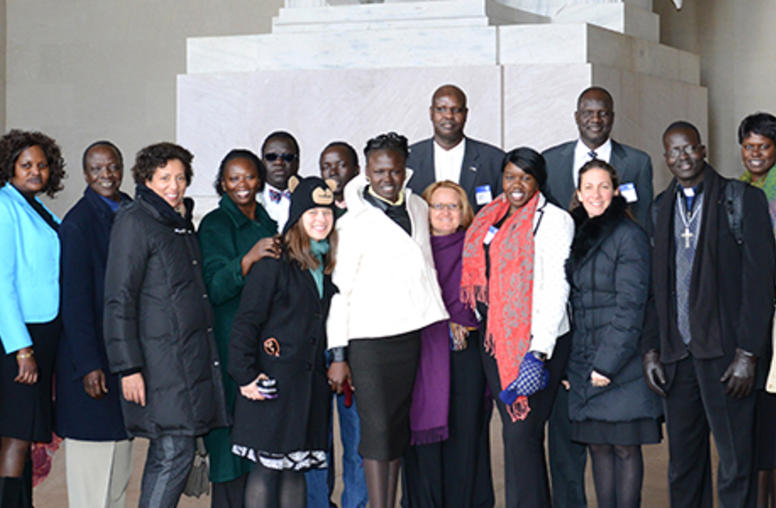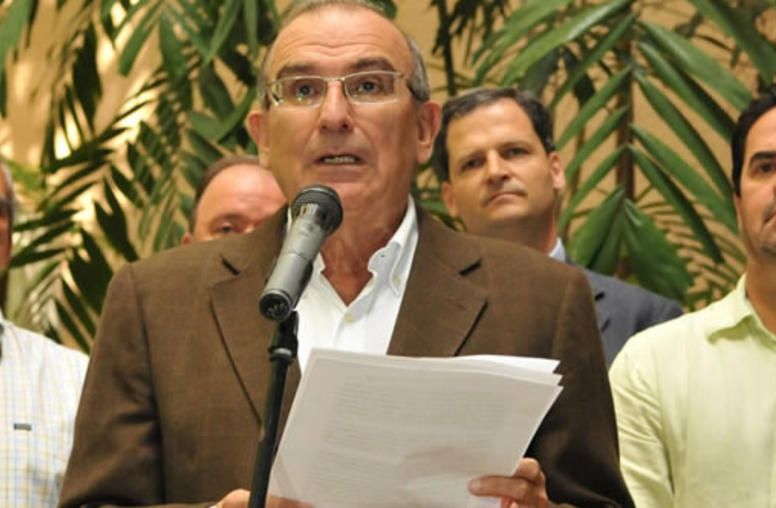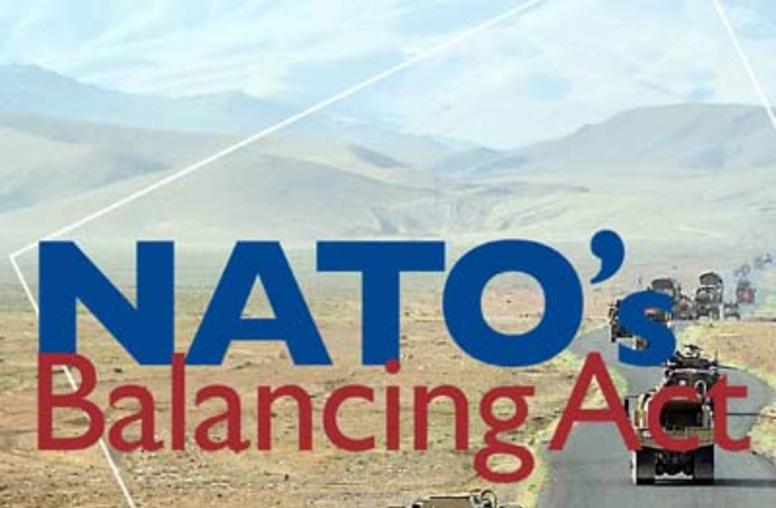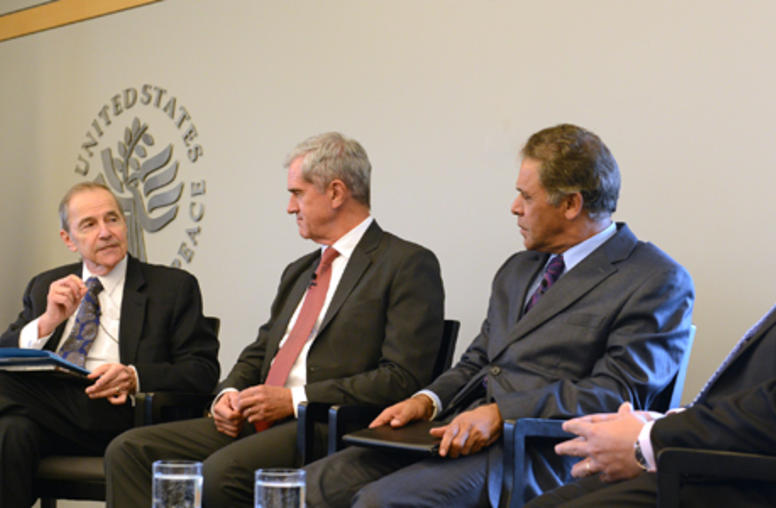Lessons from the Cuban Missile Crisis and the Cold War for the War on Terror
U.S. foreign policy decisions in the past 60 years have been largely shaped by attitudes and frameworks forged during the Cold War and the Cuban Missile Crisis, when the world hovered on the brink of nuclear disaster. Come join us for a roundtable discussion with a prominent journalist, historian, and political scientist to explore how these critical decisions of war and peace were made and their relevance for today's war on terror.
Speakers
- Melvyn Leffler
Author, The Cuban Missile Crisis and the Cold War: Lessons for Today, Edward Stettinius Professor of American History, University of Virginia and former Senior Fellow, U.S. Institute of Peace - Michael Dobbs
Author, What the President Didn't Know, and When He Didn't Know It, Reporter, Washington Post, and former Senior Fellow, U.S. Institute of Peace - Lori Helene Gronich
Author, Why Expertise Matters: Civilian and Military Leadership and Advice in American Foreign Policy, Professorial Lecturer, George Washington University, and Senior Fellow, Center for Peace and Security Studies, Georgetown University - Virginia M. Bouvier, Moderator
U.S. Institute of Peace



